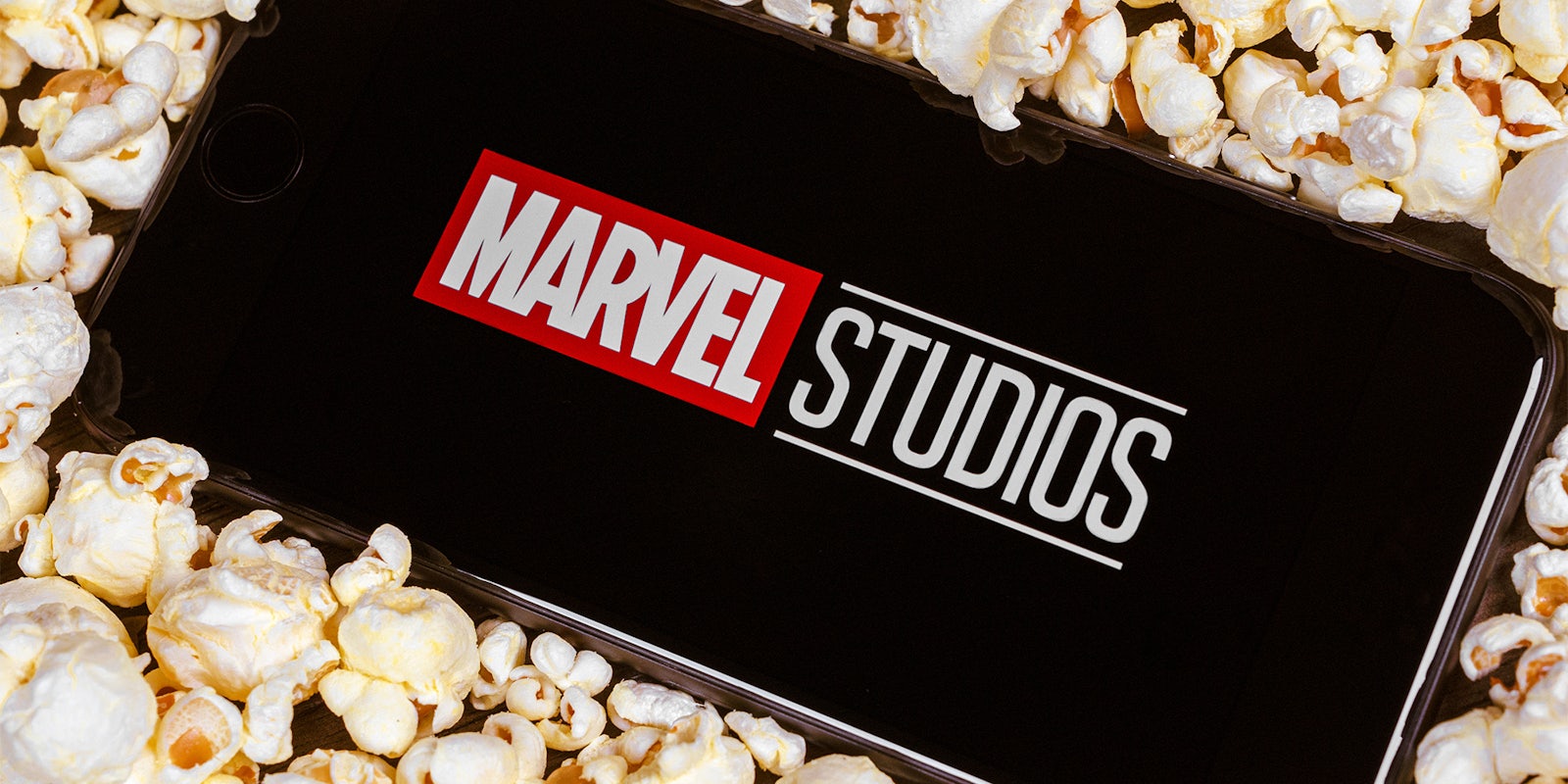Marvel Entertainment chairman Ike Perlmutter was laid off by Disney on Wednesday, marking the end of a three-decade tenure as one of Marvel‘s top dogs.
The 80-year-old businessman oversaw the launch of Marvel Studios, but was a divisive figure due to his notoriously frugal management style, his clashes with MCU boss Kevin Feige, his Trump administration ties, and allegations of discrimination behind the scenes—including personally pushing back against Black and female characters having prominent roles in the MCU. (Thanks to a strategic restructuring of Marvel Studios in 2015, Perlmutter hasn’t had this kind of influence over the movies in a while.)
Many Marvel fans will not be sad to see Perlmutter go. However, this news comes with a concerning addendum. In the midst of wider cost-cutting layoffs at Disney, the New York Times also revealed that “Marvel Entertainment, a small division centered on consumer products and run separately from Marvel Studios, was redundant and would be folded into larger Disney business units.”
This “small division centered on consumer products” includes Marvel Comics.
Although Disney acquired Marvel Entertainment in 2009, the comics publisher still operated on a somewhat independent basis. The most visible sign of this is the surprising lack of synergy between new Marvel comics and the Disney-owned MCU.
From a money-making perspective, Marvel Comics is a precious source of IP for Disney. The immensely profitable MCU (and indeed Marvel merchandise) can’t exist without Marvel’s library of comic book canon. But as a publisher, Marvel isn’t exactly a goldmine. Lower-level superhero comics routinely get canceled due to low sales, and in the overall market for comics publishing, the genre is often out-sold by manga and children’s graphic novels.
With Marvel Comics being folded into Disney, it’s unclear what will happen next. Deadline reports that while Perlmutter and Marvel Entertainment co-president Rob Steffens are out, president Dan Buckley will remain, reporting directly to Kevin Feige in the film division.
At the Comics Beat blog, Heidi MacDonald noted that Disney may start to license more Marvel content to outside publishers like Scholastic and Penguin, something that’s already been tested with books for younger readers. Some Marvel content may also be shifted to Disney’s in-house publishing wing. This could mark significant changes from Marvel’s traditional structure as a comics publisher, both on a creative level and in terms of potential layoffs for Marvel Comics staff.



